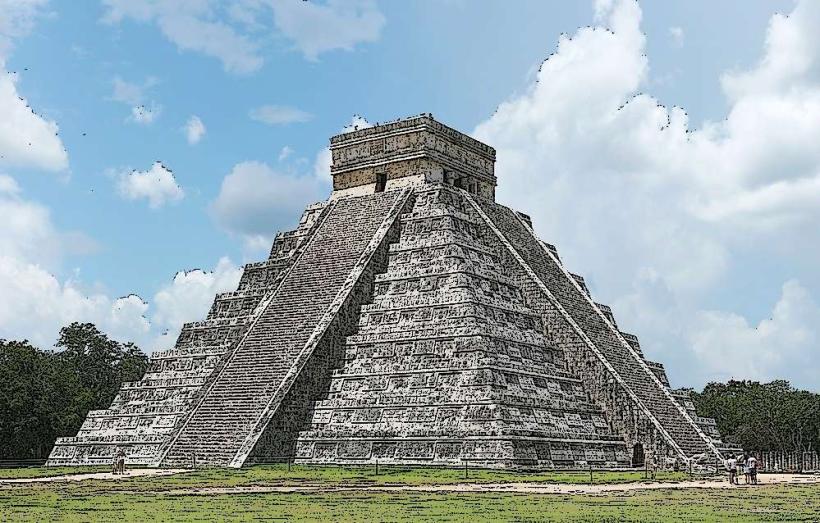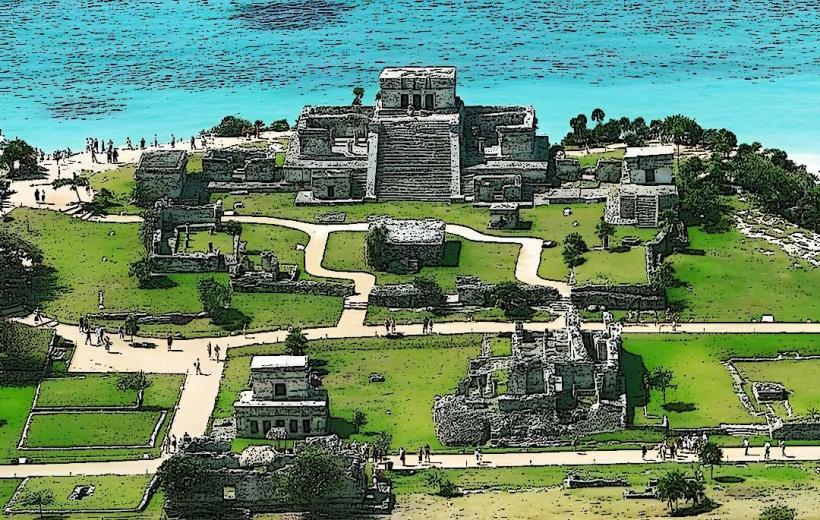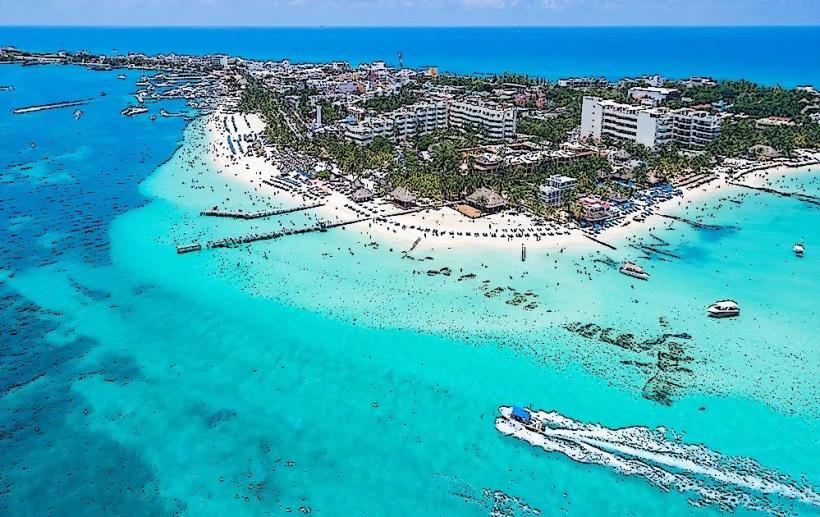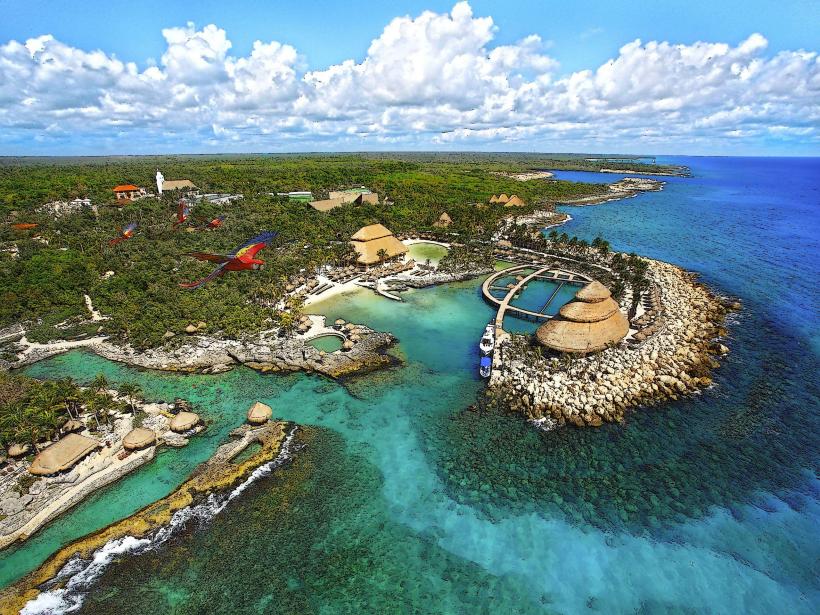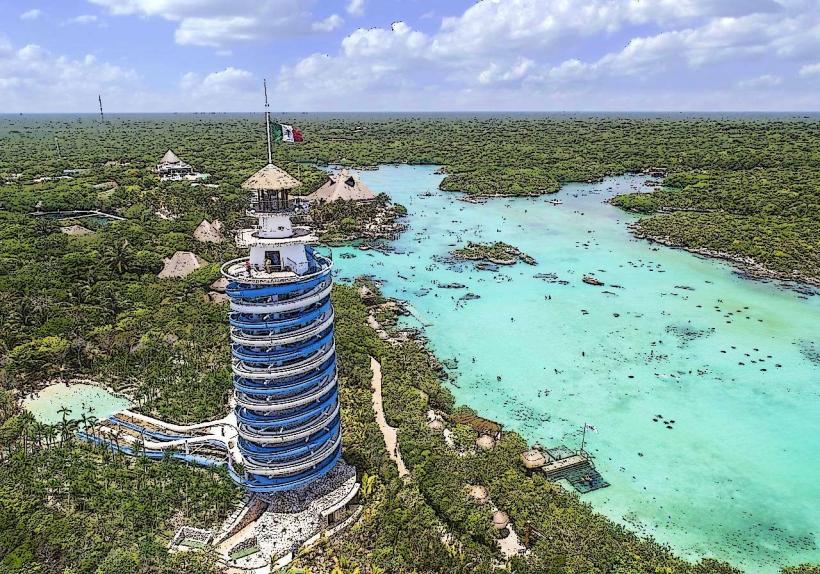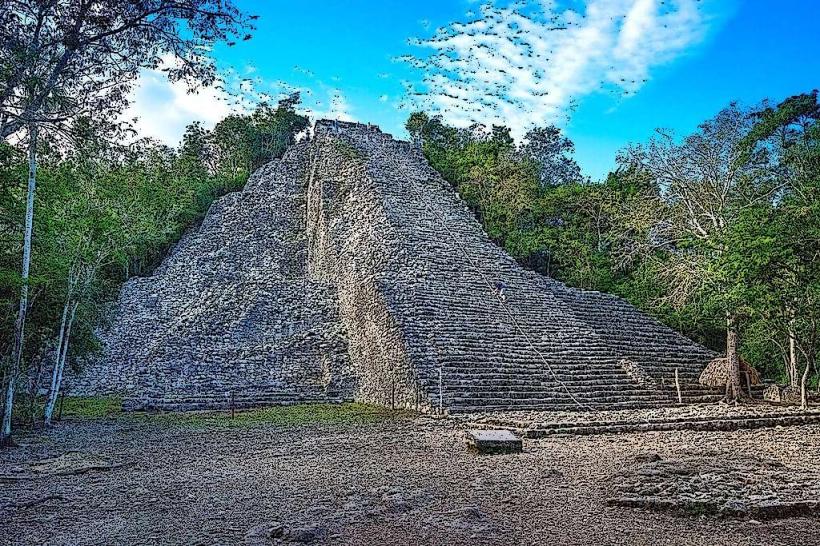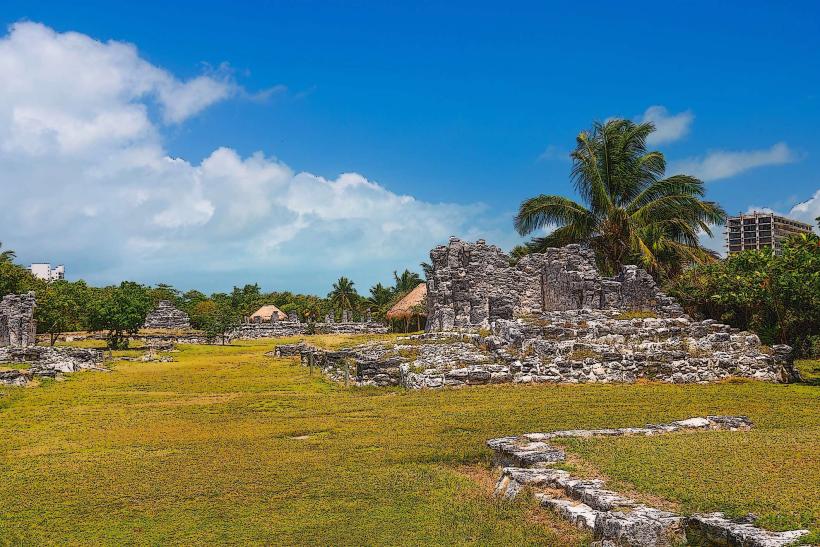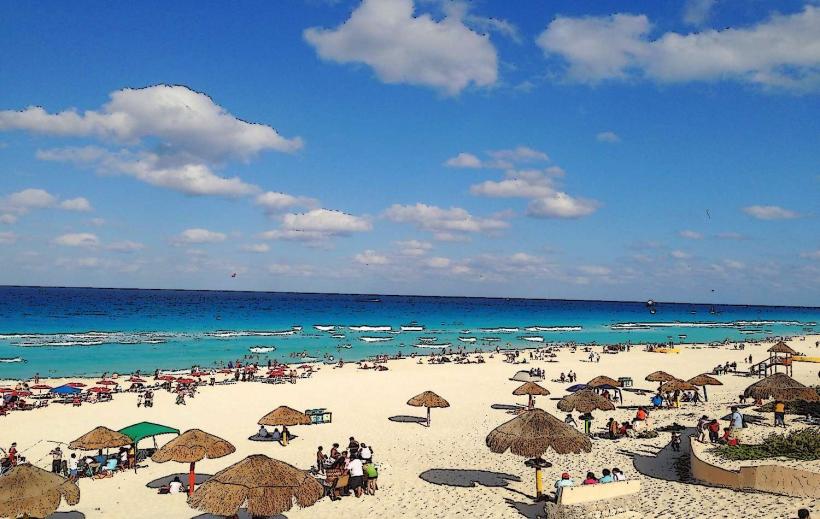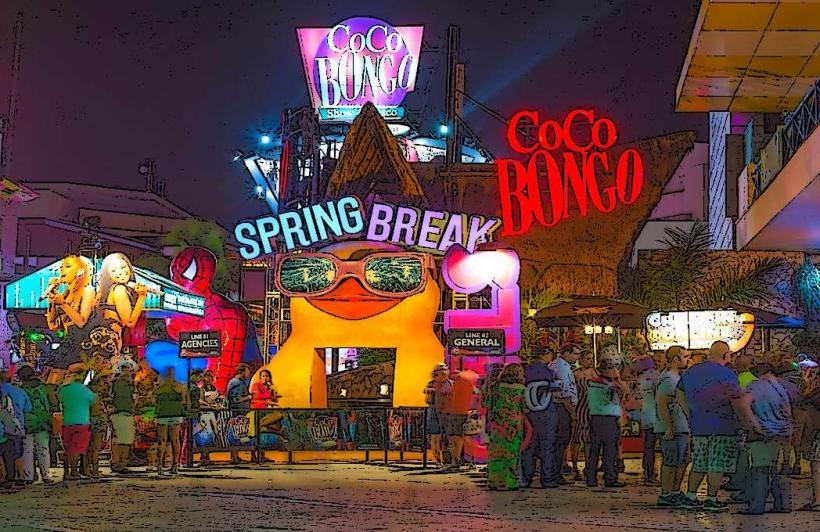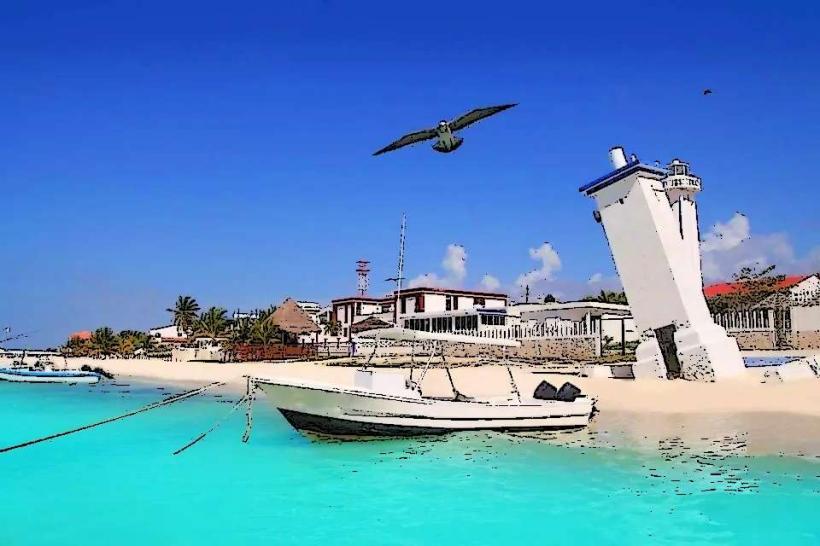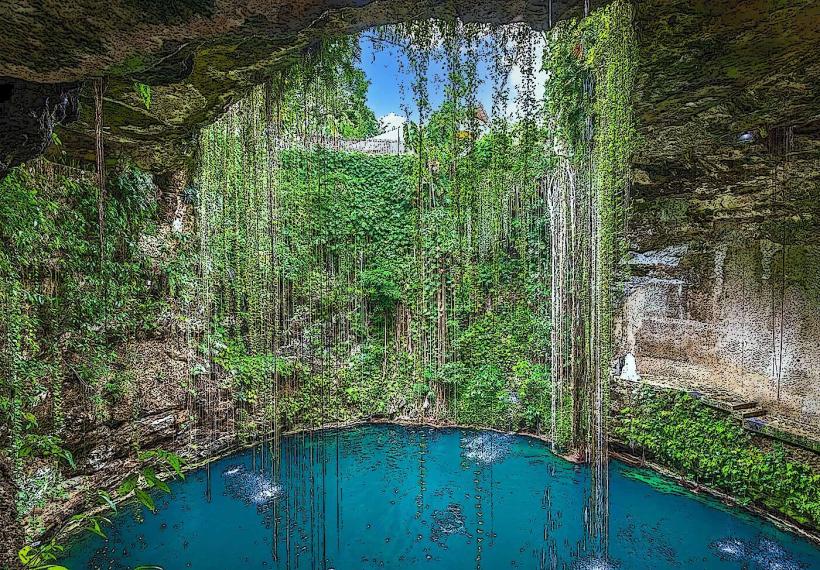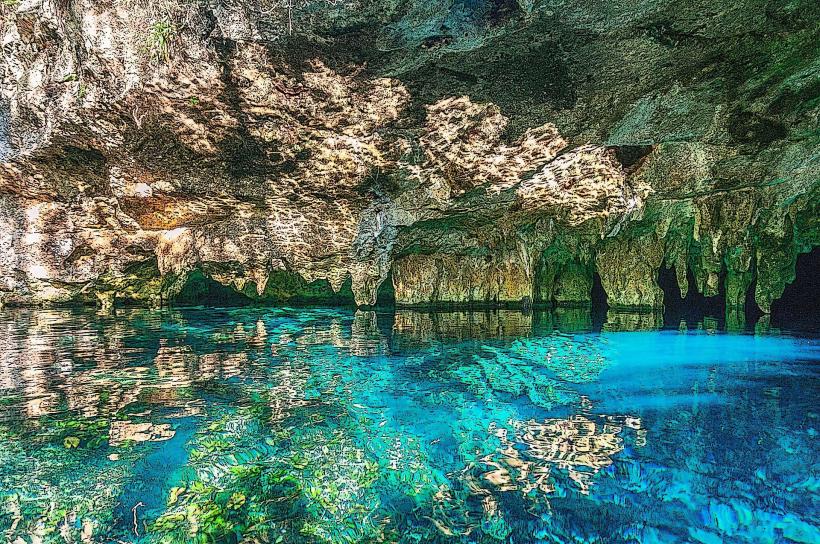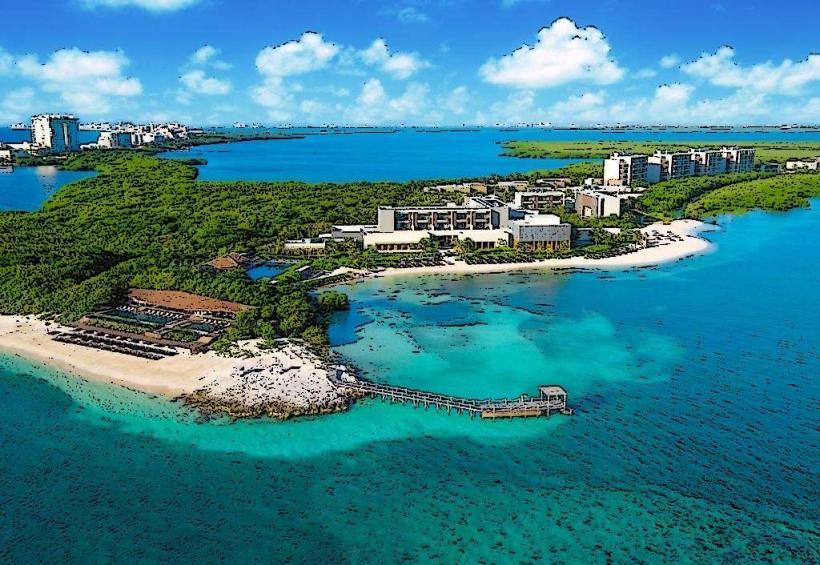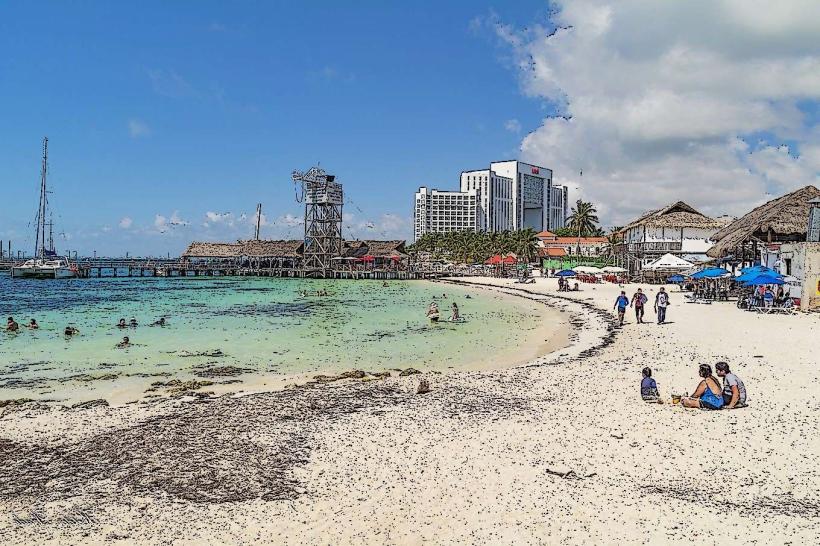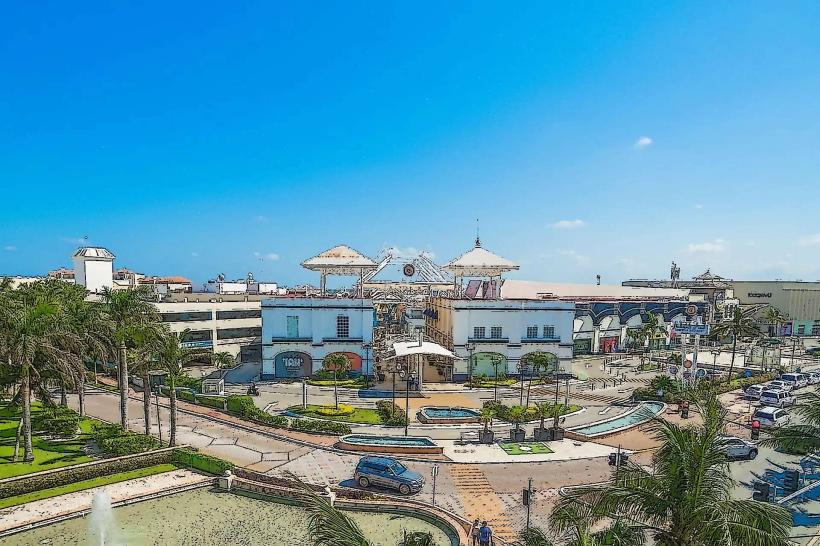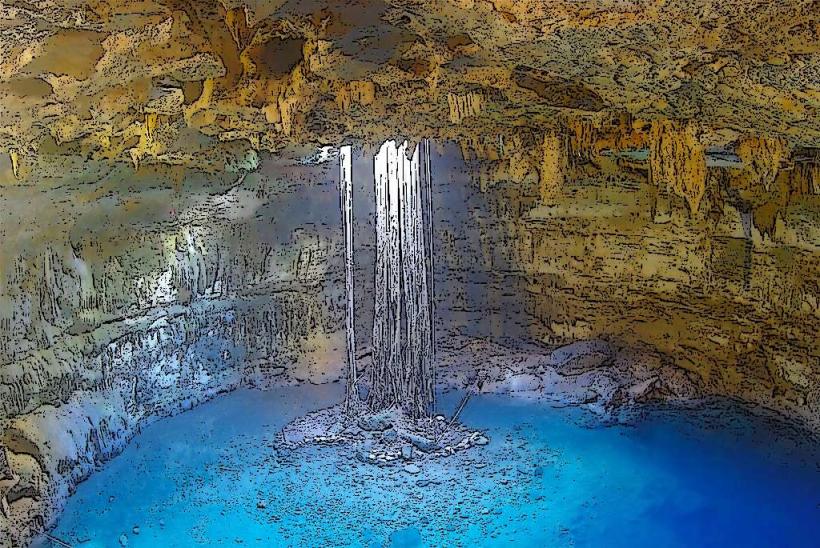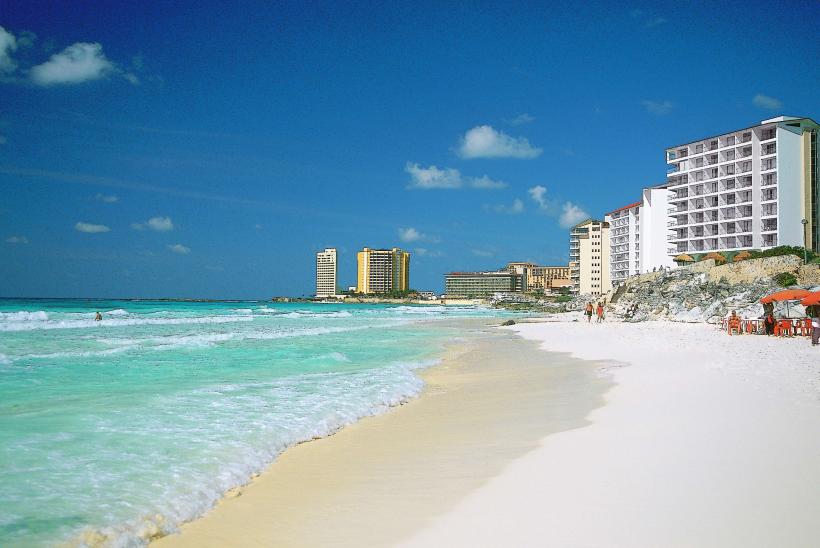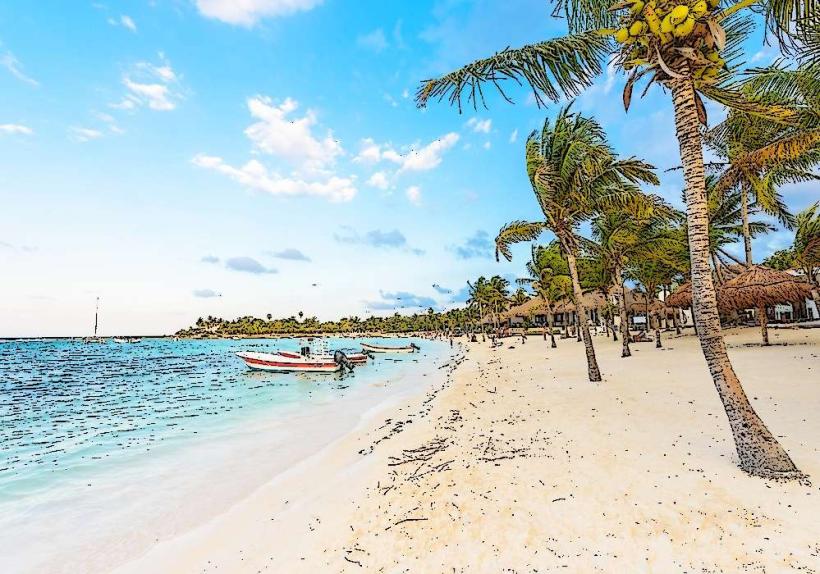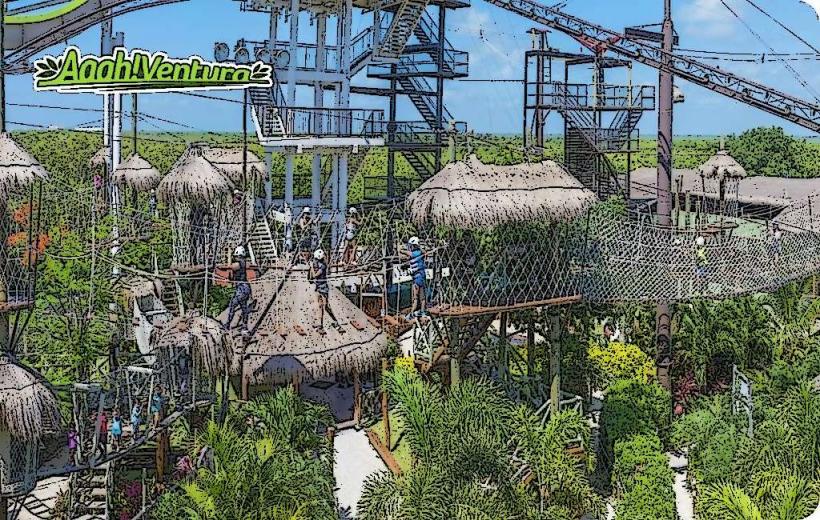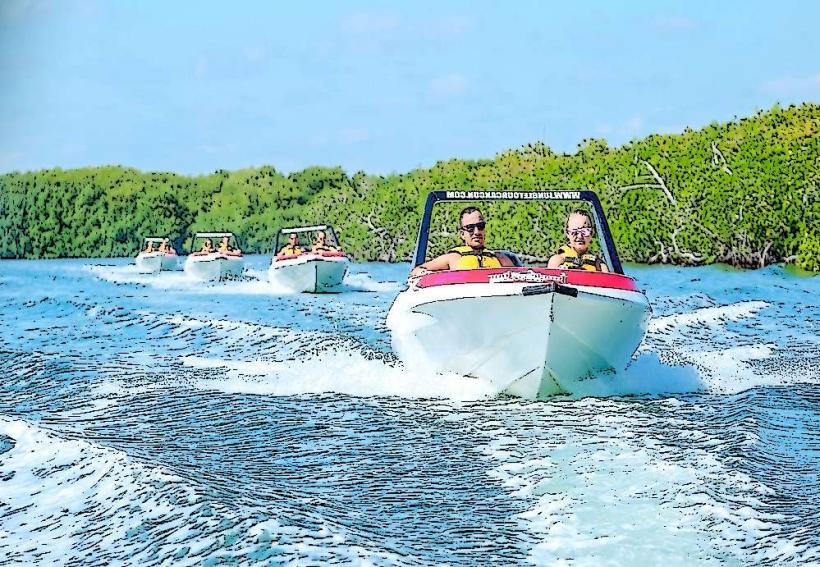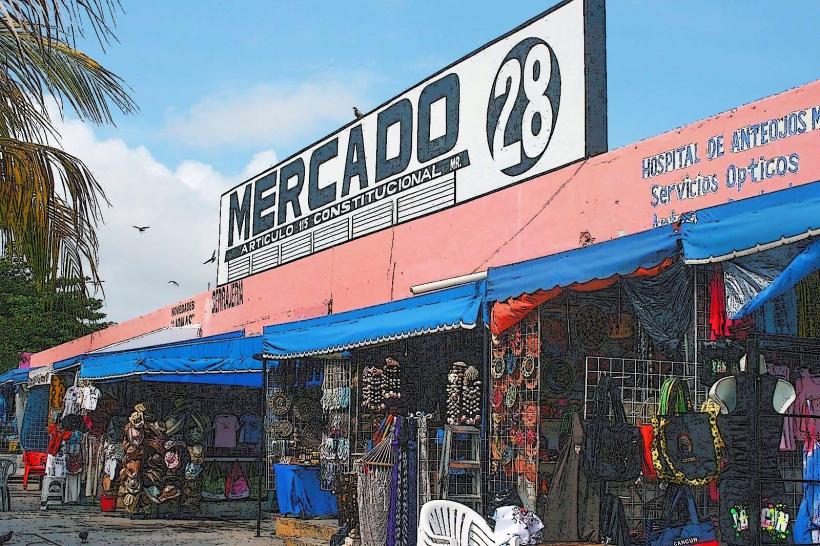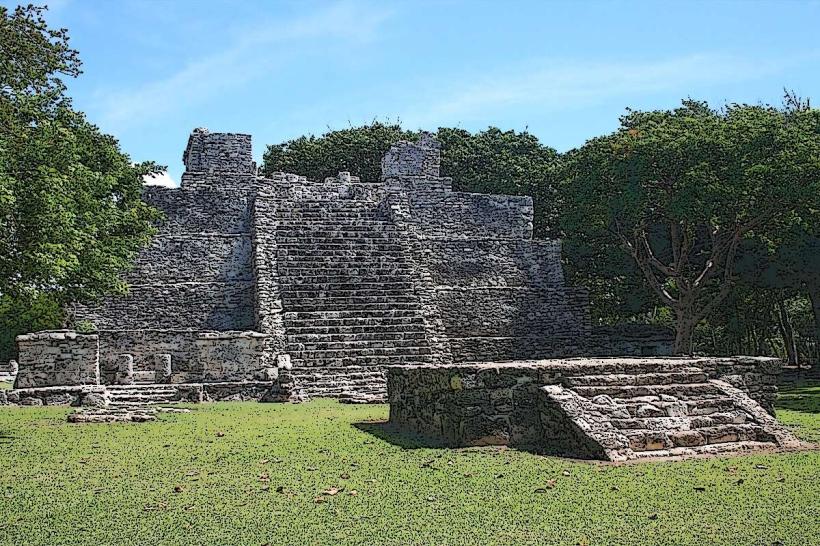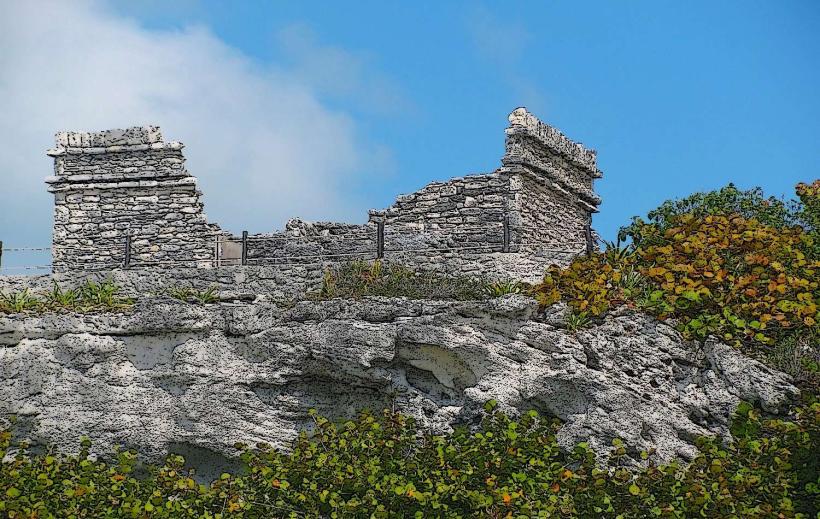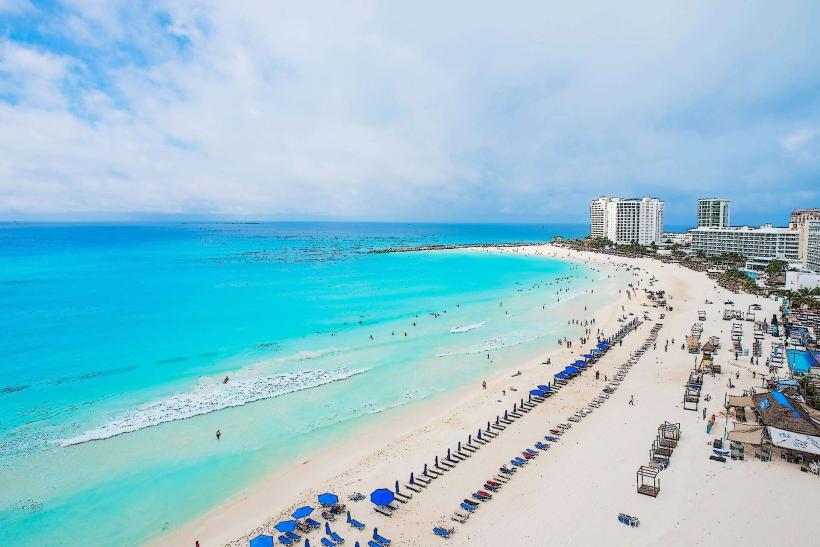Information
Landmark: Museo Maya de CancúnCity: Cancun
Country: Mexico
Continent: North America
Museo Maya de Cancún, Cancun, Mexico, North America
The Museo Maya de Cancún is an archaeological museum located in Cancún, Mexico. It houses artifacts from the Mayan civilization.
Visual Characteristics
The museum building is a modern, multi-story structure with a distinctive cylindrical design. Its exterior is primarily white concrete, contrasting with dark glass panels. The interior features exhibition halls with controlled lighting to preserve artifacts.
Location & Access Logistics
The museum is situated in the Hotel Zone of Cancún, at kilometer 16.5 of Boulevard Kukulcan. It is approximately 20 kilometers east of downtown Cancún. Ample parking is available on-site. Several public bus routes, including R-1 and R-2, stop directly in front of the museum.
Historical & Ecological Origin
The museum was inaugurated in 2012. It was designed to house and display artifacts recovered from archaeological sites in the state of Quintana Roo, particularly from the Mayan civilization that inhabited the region. The site itself is located on a coastal strip of the Yucatán Peninsula.
Key Highlights & Activities
Visitors can explore permanent and temporary exhibitions detailing Mayan history, culture, and daily life. Specific displays include pottery, tools, and skeletal remains. The museum also features an outdoor area with reconstructed Mayan structures.
Infrastructure & Amenities
Restrooms are available. Limited shaded areas are present in the outdoor section. Cell phone signal (4G/5G) is generally good within the museum premises. Food and beverage services are not directly provided within the museum, but vendors are located in the surrounding Hotel Zone.
Best Time to Visit
The museum is open daily from 9:00 AM to 6:00 PM. Mid-morning (9:00 AM - 11:00 AM) and late afternoon (4:00 PM - 6:00 PM) typically offer fewer crowds. The climate in Cancún is tropical year-round, with the dry season from December to April generally considered more comfortable.
Facts & Legends
A notable artifact housed at the museum is the "Woman of the Cenote," a well-preserved human skeleton discovered in a Yucatán cenote, providing insights into Mayan burial practices.
Nearby Landmarks
- El Rey Archaeological Zone (0.2km West)
- Museo de Arte Popular Mexicano (0.8km East)
- Plaza La Isla Shopping Village (1.5km East)
- Cancún Underwater Museum (Museo Subacuático de Arte) (2.0km West, accessible by boat tour)
- Interactive Aquarium Cancun (2.2km East)

